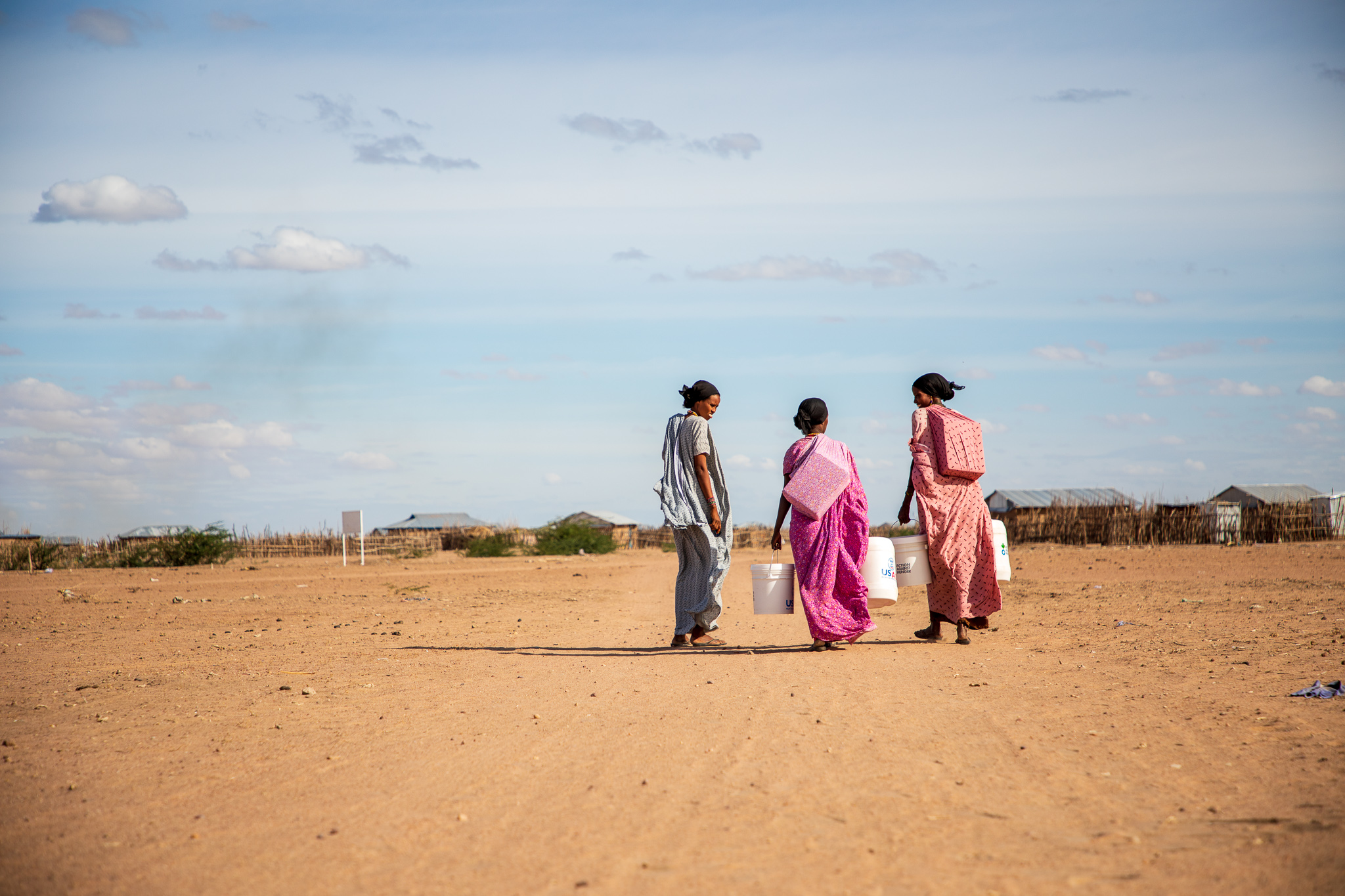The overall takeaway points of the dialogue can be summarised as follows.
- Capitalise on the momentum to strengthen climate action in FCAS: As many participants pointed out, there is strong interest from multiple organisations, funders and countries in advancing the Declaration and ensuring that words are turned into action. But motivation and momentum could quickly fade if more engagement efforts are not made to develop a consensus on visions of resilience and how the mandates and strengths of various organisations and funders can be better leveraged for working together with governments (where appropriate) and communities to support country- to community-owned resilience and climate adaptation priorities. Participants agreed on the needs to: (1) capitalise on the high-level commitments by building on current collective motivation; (2) articulate actions that advance the Declaration, prioritising geographical areas where these actions can be manifested; and (3) navigate the politics of donors, recipients, implementers and scaling reforms. Key policy moments for convening to continue discussions, refine priorities and engage with additional actors in the run-up to COP29 and beyond were flagged.
- Need for further dialogues and spaces for discussion on strengthening climate action in FCAS: This dialogue was the first to bring together actors from humanitarian–development–peace (HDP), disaster risk reduction (DRR) and climate fields with representatives from governments, multilateral development banks and vertical climate funds. Participants noted the need for more convening and dialogues to clarify priorities for action and ways of working.
- Taking the Declaration to future COPs and beyond: Participants cautioned against the Declaration being something simply signed at COP28, with no further action to take it forward among the signatories. It was also cautioned that actions toward realising the Declaration could not only occur within the UNFCCC processes. Participants expressed resolve to engage with the Presidencies of COP29 and COP30 to continue to implement the Declaration, while highlighting the need to work through national, regional and international policy processes and financial mechanisms beyond UNFCCC.
- Identify countries to initiate the implementation of the Declaration: Participants agreed to identify a few countries, from among those that are signatories to the Declaration, to anchor the implementation of the Declaration and explore how to co-operationalise suggested, priority actions that arose during discussions with those countries.
